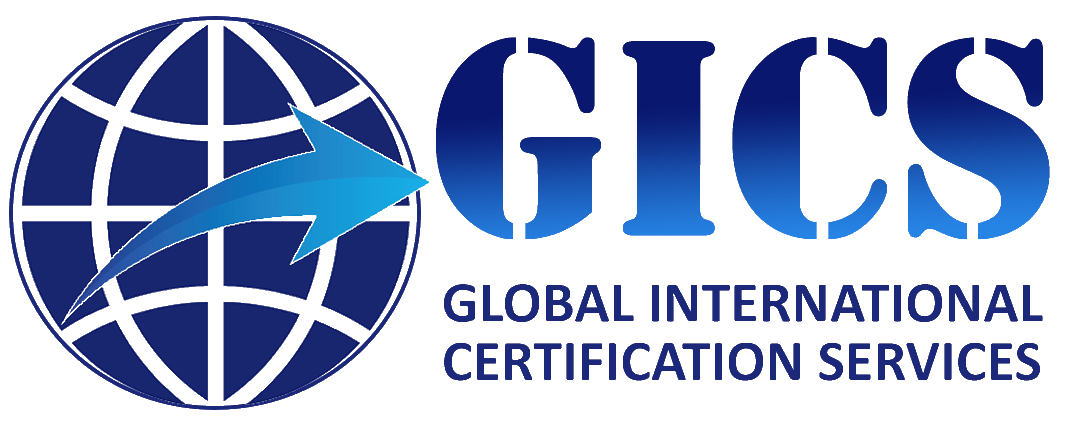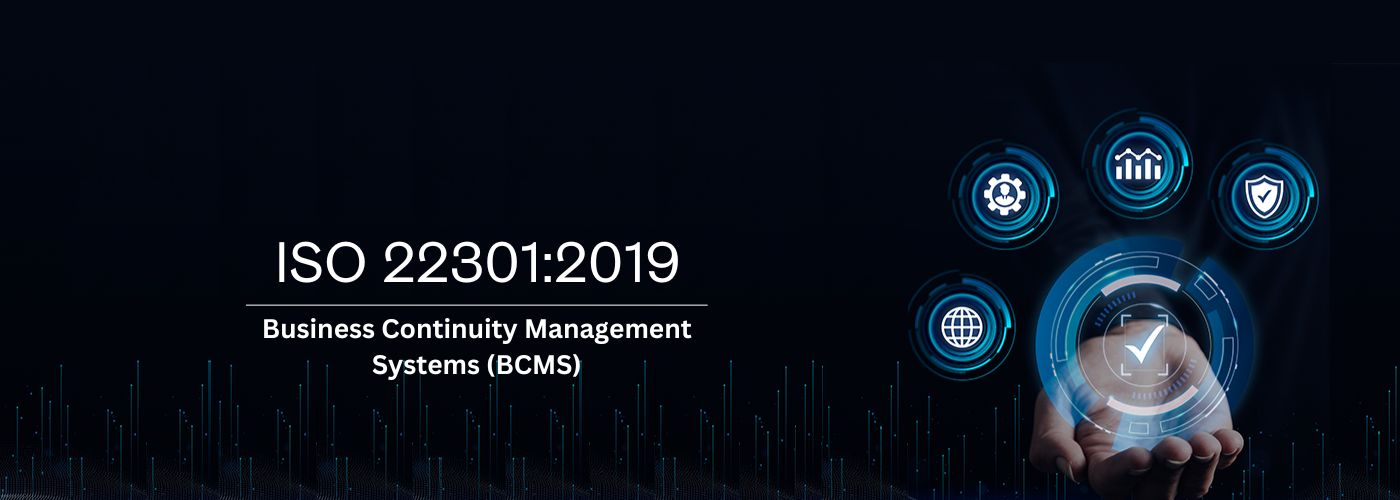Business Continuity Management System
Ensuring Resilience in the Face of Disruption
In today’s rapidly changing world, businesses must be prepared to respond to disruptions, whether caused by natural disasters, cyber-attacks, supply chain interruptions, or any other unforeseen events. ISO 22301:2019 provides a comprehensive framework for organizations to develop, implement, and maintain a robust Business Continuity Management System (BCMS). This international standard helps businesses ensure that they can continue critical operations during times of crisis, mitigate risks, and recover swiftly.
What is ISO 22301:2019?
ISO 22301:2019 is the global standard for Business Continuity Management Systems. It provides the requirements for planning, establishing, implementing, operating, monitoring, reviewing, maintaining, and improving a BCMS. By achieving ISO 22301 certification, your organization demonstrates its commitment to maintaining business continuity and protecting key assets and stakeholders in the face of disruption.
Why ISO 22301:2019 Matters?
1. Risk Mitigation: ISO 22301 helps organizations identify potential threats and vulnerabilities, allowing you to implement strategies that reduce the likelihood and impact of disruptions on operations.
2. Enhanced Resilience: ISO 22301 fosters the ability to respond to, recover from, and continue critical operations during and after an unexpected event, ensuring long-term business resilience.
3. Improved Reputation and Stakeholder Trust: Certification signals to customers, partners, and other stakeholders that your organization is proactive and well-prepared to handle disruptions. This enhances your reputation and strengthens relationships.
4. Legal and Regulatory Compliance: Many industries have specific regulations regarding business continuity. ISO 22301 helps ensure that your organization meets relevant legal and regulatory requirements, avoiding penalties and legal issues.
5. Competitive Advantage: In today’s market, business continuity is a key differentiator. ISO 22301 certification can help you stand out as a trustworthy and resilient organization, giving you a competitive edge.
Key Requirements of ISO 22301:2019
ISO 22301 outlines several critical requirements that organizations must address to develop a fully effective Business Continuity Management System. These include:
1. Context of the Organization: Understanding internal and external factors that could impact business continuity, and aligning your BCMS with your organization’s strategic objectives.
2. Leadership Commitment: Gaining top management support for the BCMS, ensuring leadership is actively involved in its planning and continuous improvement.
3. Risk Assessment and Business Impact Analysis (BIA): Identifying and assessing risks that may disrupt business operations and understanding the impact these risks could have on business processes.
4. Business Continuity Strategy: Developing effective continuity strategies and plans, ensuring that critical functions can continue or quickly resume in the event of a disruption.
5. Emergency Response and Incident Management: Establishing clear protocols for responding to incidents, including communication strategies, response actions, and resource allocation.
6. Performance Evaluation: Regular monitoring, testing, and review of the BCMS to ensure it remains effective and can evolve in response to new risks or changes in business operations.
7. Continuous Improvement: Implementing a cycle of ongoing improvements to the BCMS to enhance its effectiveness over time.
Benefits of ISO 22301:2019 Certification
- Minimized Downtime: Reduce operational downtime and ensure that critical business functions continue with minimal disruption.
- Cost Efficiency: Prevent or minimize the financial impact of unexpected events, including lost revenue, operational costs, and recovery expenses.
- Increased Stakeholder Confidence: Build trust among stakeholders, including customers, employees, and suppliers, by showing a commitment to continuity and resilience.
- Global Recognition: ISO 22301 certification is internationally recognized, enhancing your organization’s credibility and demonstrating adherence to best practices.
- Improved Decision-Making: A structured approach to risk management helps improve the quality of decision-making, especially during times of crisis.

